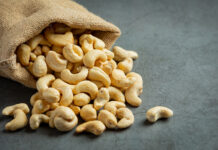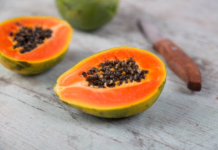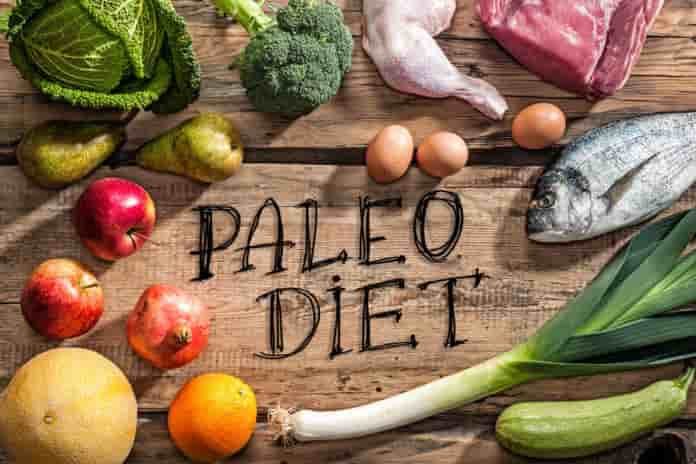Paleo diet has made a disruptive comeback after a millennium, and trust us that it is more popular than ever. Also known as caveman diet, hunter-gatherer diet, and primer diet, paleo diet includes foods and ingredients that were consumed by early human civilizations who had no heart conditions, terminal illness, cancer or other life-threatening diseases. When humans invented farming and transitioned from hunter-gatherers to farmers and settlers a few thousand years ago, paleo diet lost its pride of place. If studies are to be believed, the human genome is still more adapted to paleo diet than to the grains and sugars that are a vital part of today’s diet. Having said that, let’s delve deeper into paleo diet and its relevance in the modern world.
What Makes Paleo Diet Relevant in Today’s World?
Paleo diet has nutritional value that increases the human body’s innate capacity to survive and thrive in extreme conditions. It provides the body with a nutritional package that has a balanced saturated-to-unsaturated fatty acids ratio, as well as appreciable quantities of vitamins, mineral, proteins and carbohydrates for peak cellular activities. They also minimize the body’s glycemic load.
There are a handful of scientific facts that authenticate the credibility of paleo diet, but the most compelling is the incontrovertible fact that abstinence from packaged food is healthier and more prudent than otherwise. A study by Harvard’ s School of Public Health shows that a third of the sodium consumed by the average American comes in processed foods.
Another similar public nutrition research shows that people who prefer eating cooked meals several times a week are 47% more likely to have a lifespan that’s 10 years longer than that of people who consume junk food.
What Counts as Paleo Food?
The basic composition of a paleo diet features foods which were obtainable directly from mother nature in the Paleolithic wild. These include fresh fruits, veggies and meat, but exclude legumes like beans, grains, peanuts, dairy, and livestock, all of which were yet to be produced until the advent of farming practices. However, the paleo dieter should be wary of the pesticides and artificial compounds contained in today’s varieties of paleo foods. A paleo dieter should seek out abundant, organic and fresh varieties of paleo food.
However, the occasional consumption of foods excluded from this list doesn’t erode the accumulated progress made through paleo dieting. But alcohol and honey are totally off-limits, though red-wine counts as a bona fide paleo drink, and honey a better alternative for paleo sweeteners than sugar or artificial sweeteners.
All in all, paleo diets, according to studies by Emory University, contain a calorie composition that features 35% fats, 35% carbohydrates, and 30% proteins.
Are All Non-Paleo Foods Far Less Healthy?
Contrary to what paleo diet hardliners believe, foods excluded from paleo diets, including legumes, whole grains and dairy are highly effective for weight management as well as for the prevention and treatment of cardiovascular diseases, and skeleto-muscular conditions such as osteoporosis and arthritis.
The Wrap Up
The trend of following a diet is here to stay. From keto diet to intermittent fasting, health and fitness lovers are open to trying everything that gives positive result at the end. If you are planning to follow paleo diet, understand that dieting goes beyond a temporary indulgence in paleo foods. It’s a lifestyle that should be maintained, just like cavemen lived exclusively by the raw prongs of the human genome. And since the Paleolithic cavemen imbibed a nomadic, on-the-go style of life, experts suggest that paleo dieters should engage in rigorous exercises and consume 4,000+ calories daily to support these intense activities.
Paleo dieting requires substantial planning, financial commitments and determination. However, paleo dieters can turn to a vibrant supportive community that rallies around the practice today on social media platforms and paleo diet forums.
















magnificent publish, very informative. I’m wondering why the
opposite specialists of this sector do not understand this.
You should continue your writing. I’m sure, you have a
great readers’ base already!